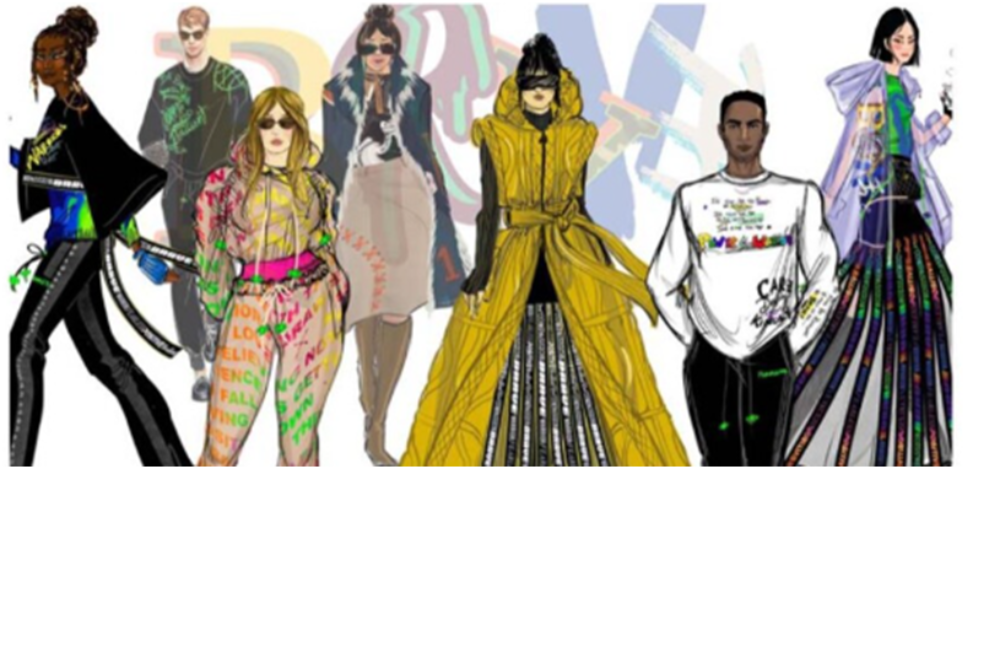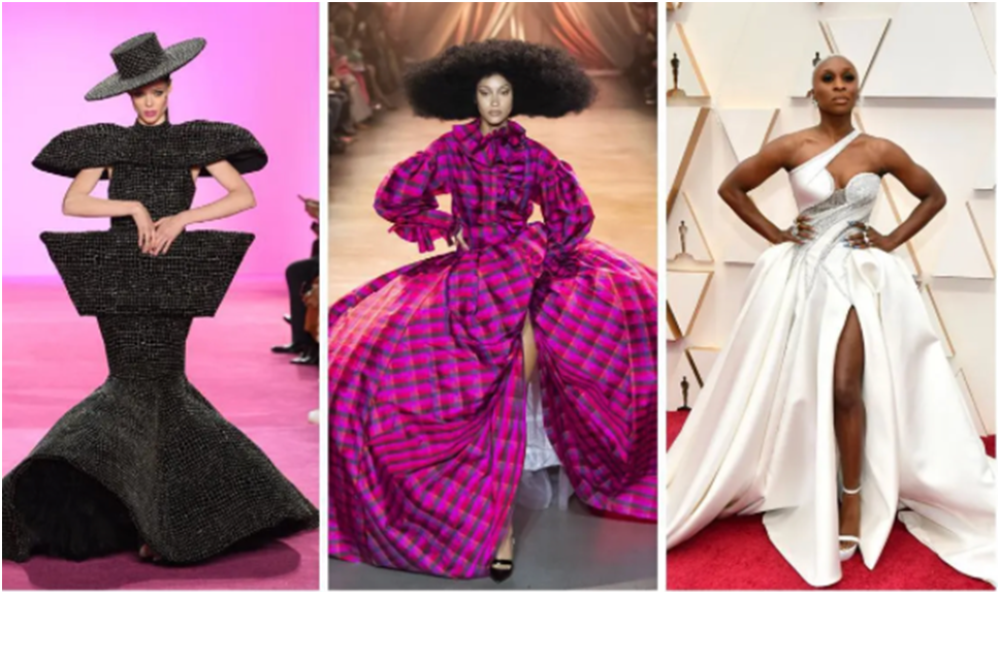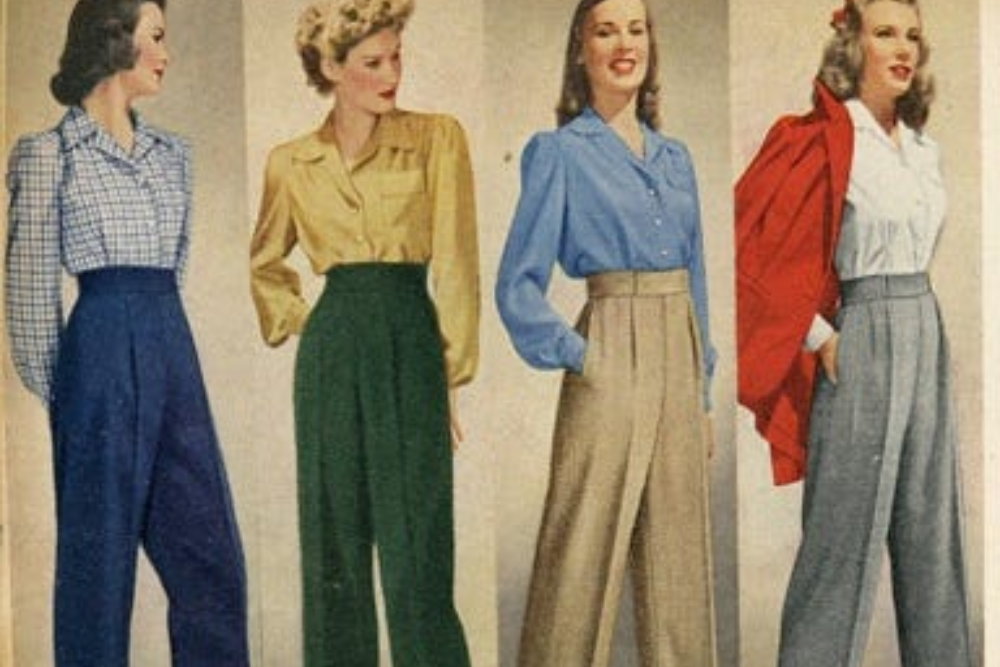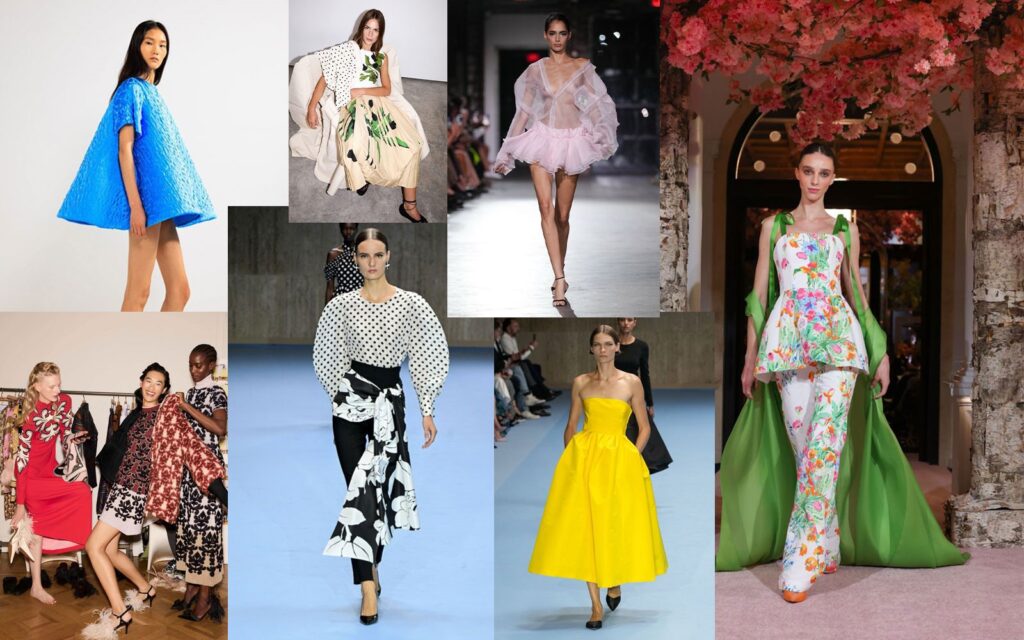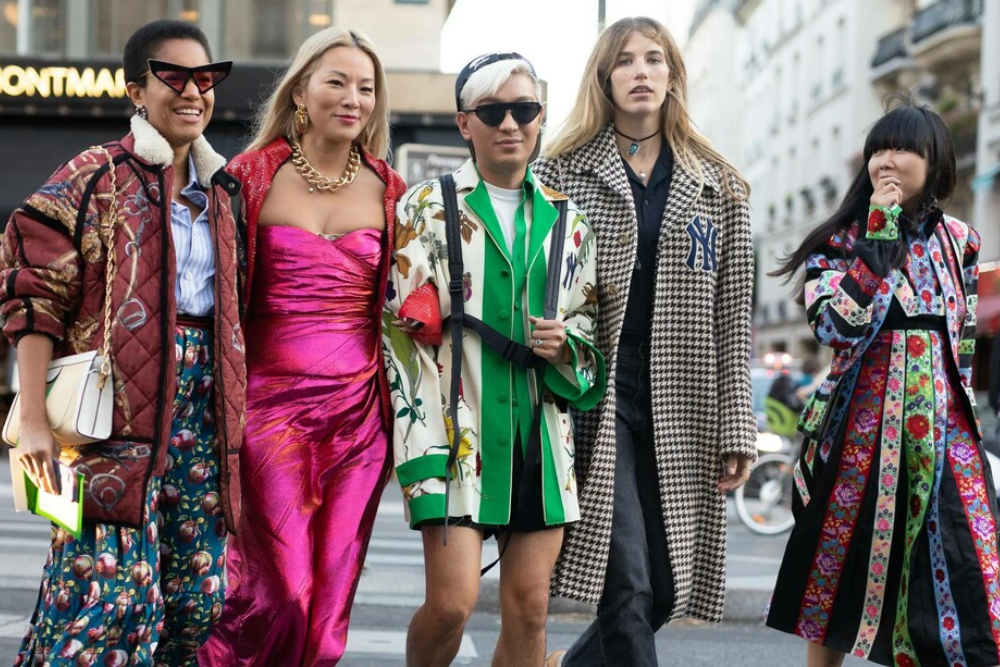Introduction
Fashion is more than just fabric and design; it is a powerful form of self-expression that can significantly influence our mental health and body image. The clothes we wear can affect how we feel about ourselves, how others perceive us, and even how we perceive ourselves. This essay delves into the complex relationship between fashion, mental health, and body image, exploring both the positive and negative impacts.
Fashion as a Tool for Self-Expression and Confidence
Fashion allows individuals to express their identity, emotions, and creativity. The act of choosing an outfit can be empowering, providing a sense of control and autonomy. For many, dressing in a way that aligns with their personal style can boost self-esteem and confidence.
Research on “enclothed cognition” suggests that the clothes we wear can influence our psychological state and performance. Wearing attire that makes us feel good can enhance our mood and self-perception, leading to improved mental well-being. Conversely, wearing clothes that don’t align with our self-image can lead to discomfort and negative feelings.
The Dark Side: Unrealistic Beauty Standards and Body Image Issues
While fashion can be empowering, it also has a darker side. The fashion industry has long been criticized for promoting narrow and unrealistic beauty standards. Models with unattainable body types are often showcased, leading to body dissatisfaction among consumers.
The resurgence of trends like “heroin chic,” which glorify extreme thinness, has raised concerns about the impact on mental health. Such trends can exacerbate body image issues and contribute to disordered eating behaviors. Exposure to idealized media images of women has been linked to the development of eating disorders, particularly among adolescent girls.
The Role of Social Media in Shaping Body Image
Social media platforms have amplified the influence of fashion on body image. Filters and photo-editing tools allow users to alter their appearance, often promoting unrealistic standards of beauty. The popularity of filters that simulate weight loss or enhance physical features can lead to negative body image and increased anxiety.
Furthermore, the constant exposure to curated content on platforms like Instagram and TikTok can foster a culture of comparison. Users may feel pressured to conform to trends and standards that don’t align with their authentic selves, leading to feelings of inadequacy and low self-esteem.
Fashion as a Source of Empowerment and Healing
Despite the challenges, fashion also offers opportunities for healing and empowerment. For individuals struggling with mental health issues, fashion can serve as a therapeutic outlet. The process of curating outfits, experimenting with different styles, and engaging in fashion-related activities can be cathartic and empowering.
Personal style allows individuals to reclaim control over their bodies and narratives. For some, dressing in a way that feels authentic can promote self-acceptance and resilience. Fashion can also foster a sense of community, as individuals connect with others who share similar styles and values.
The Importance of Diversity and Inclusivity in Fashion
The lack of diversity and inclusivity in the fashion industry has been a significant concern. The exclusion of different races, genders, body types, and abilities from mainstream fashion can lead to distorted body image and negatively impact mental health.
Promoting diversity and inclusivity in fashion can encourage positive body image and mental well-being. When individuals see themselves represented in the media and fashion industry, it can lead to greater acceptance and understanding of different cultures, identities, and abilities. This inclusivity can help break down stereotypes and promote a more tolerant society.
Building a Positive Relationship with Fashion
To foster a healthy relationship with fashion, individuals can focus on comfort and authenticity. Choosing clothes that fit well and make you feel confident can promote a positive body image. Opting for styles that align with your personal taste, rather than following fleeting trends, can help maintain self-esteem and mental well-being.
It’s also essential to be mindful of the messages conveyed by fashion. Supporting brands that prioritize inclusivity and sustainability can contribute to a more positive fashion culture. Engaging in fashion as a form of self-expression, rather than as a means of conforming to external pressures, can lead to improved mental health and body image.
Bottom of Form

